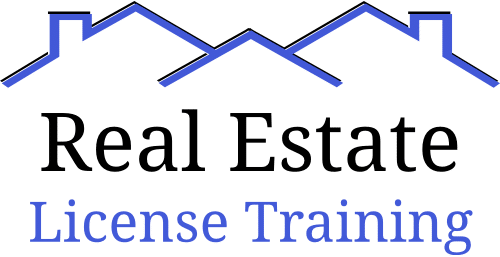A career in real estate is hectic.
Most of the time, your schedule and workload are full. As a result, you can easily forget to follow up on this or that client, or send a newsletter to your contacts.
Luckily, technology makes our lives easier. And in the world of real estate, CRM software makes all the difference.
But what does CRM stand for in real estate?
Today, we’ll be looking at what CRM is, how it helps you grow, and its importance to real estate.
So let’s get straight into it!
What is CRM?
To start, CRM stands for Customer Relationship Management.
This is a database that gathers and manages the contact information of existing and prospective clients.
A CRM software will retain details about the client on files such as buying history, email trails, communication, and lots more.
CRM also helps agents organize their data in one platform. There’s no more need to hire an assistant to fulfill these responsibilities.
What’s more, a CRM will make your life easier by organizing data, sending automated emails or SMS, keeping track of sales, and many more.
So as you can see, it is a very helpful and useful software.
How CRM Helps Your Real Estate Career Grow
In real estate, CRM software helps agents with many tasks such as data entry and lead generation. Remember, as an agent, it is important to monitor to keep track of all your clients/leads.
For example, we live in a fast-paced world and most clients will expect an immediate response from real estate agents. If you’re taking too long to reply, most likely they will lose interest. With CRM software, you can send automated texts and emails. You can also write FAQs to help answer your clients’ inquiries.
Here are some ways how a CRM can help make your life easier:
- Organize and easily access client information
- Quickly respond to inquiries
- Keep track of clients who reached out and past clients
- Create automated workflow and tasks
Importance of a CRM Software in Real Estate
A successful real estate agent will depend on how they handle leads, as well as prospective and previous clients.
CRM software can actually help you achieve that.
Here are some of the benefits you will get if you use CRM software for your real estate career…
1. Quicker Lead Generation
CRM is made to boost lead generation. This is done by allowing agents to track potential leads, offers, and opportunities by analyzing user activity based on interaction with your ads, newsletter, or website.
Some CRM software will even prompt website visitors to fill up client information or registration forms once they spend a certain amount of time looking at your website. Once they fill out the form, they will be tagged as a lead in your CRM database.
You can also connect CRM data to marketing and advertising automation to track lead time, ROI, marketing campaigns, and other factors that contribute to your lead volume.
So if you want to gain more leads, we highly suggest you use CRM software.
2. Save Time
Wouldn’t it be more convenient for you if you don’t need to handle multiple tasks such as data entry, replying to inquiries, or sending bulk emails?
A CRM can be programmed to handle automated tasks. This allows you to focus on other things and get more things done. In turn, this will help you save loads of time.
3. Keeps Your Data Organized
Part of your work as an agent is dealing with a huge amount of information and data. It would be awesome if you could safely store your data in one database.
Well, you can do that through CRM software!
Plus, an organized system increases client engagement and allows you to communicate with them more effectively.
Keeping your data organized in one place from the start of your career will make it easier for you to track your growth and marketing results.
4. Quick Responses
There’s no denying real estate agents work in a fast-paced environment. This is why, sometimes, if not most times, replying to emails or text messages can be a challenge.
Most CRM software has an auto-response feature that enables you to customize responses based on what your client needs.
You can also add frequently asked questions to answer the client’s questions immediately.
Because of this, you’ll be able to quickly respond to any inquiries or worries from leads or old clients.
5. Simplified Document Generation
You will need lots of documents when you’re working in the real estate industry. These documents include deeds, closing statements, contracts, and many more.
With a CRM, agents can store and access these important documents for reference. Aside from that, you can generate these documents and automatically include your client’s information in the database.
This means you won’t need to manually enter the client’s information. This helps you save time and prevent risks of errors.
6. Following-Up Made Easy
The main reason why referrals or leads don’t turn into clients is that agents fail to follow up with them regarding their inquiries.
With CRM software, you can set reminders for you to remember who to follow up with and where you can reach them.
7. Stay in Touch with Former Clients
Over the years, you might have lost contact with your previous clients. However, in real estate, it is important to keep in touch with clients for future opportunities.
To retain clients, a CRM platform can help you communicate with former clients through email. For instance, you can send occasional newsletters about new housing opportunities or referral campaigns.
You can also send them birthday greetings or move-in date anniversaries. These small gestures are much appreciated.
Maintaining a good relationship with clients after closing a deal increases your chances of working with them in case they decide to purchase a property again.
Conclusion
As the real estate industry becomes more competitive, real estate agents need to work smarter, not harder!
With the right CRM software, you will be able to keep track of your clients, achieve your career goals, and be on your way to becoming a top-performing agent!

